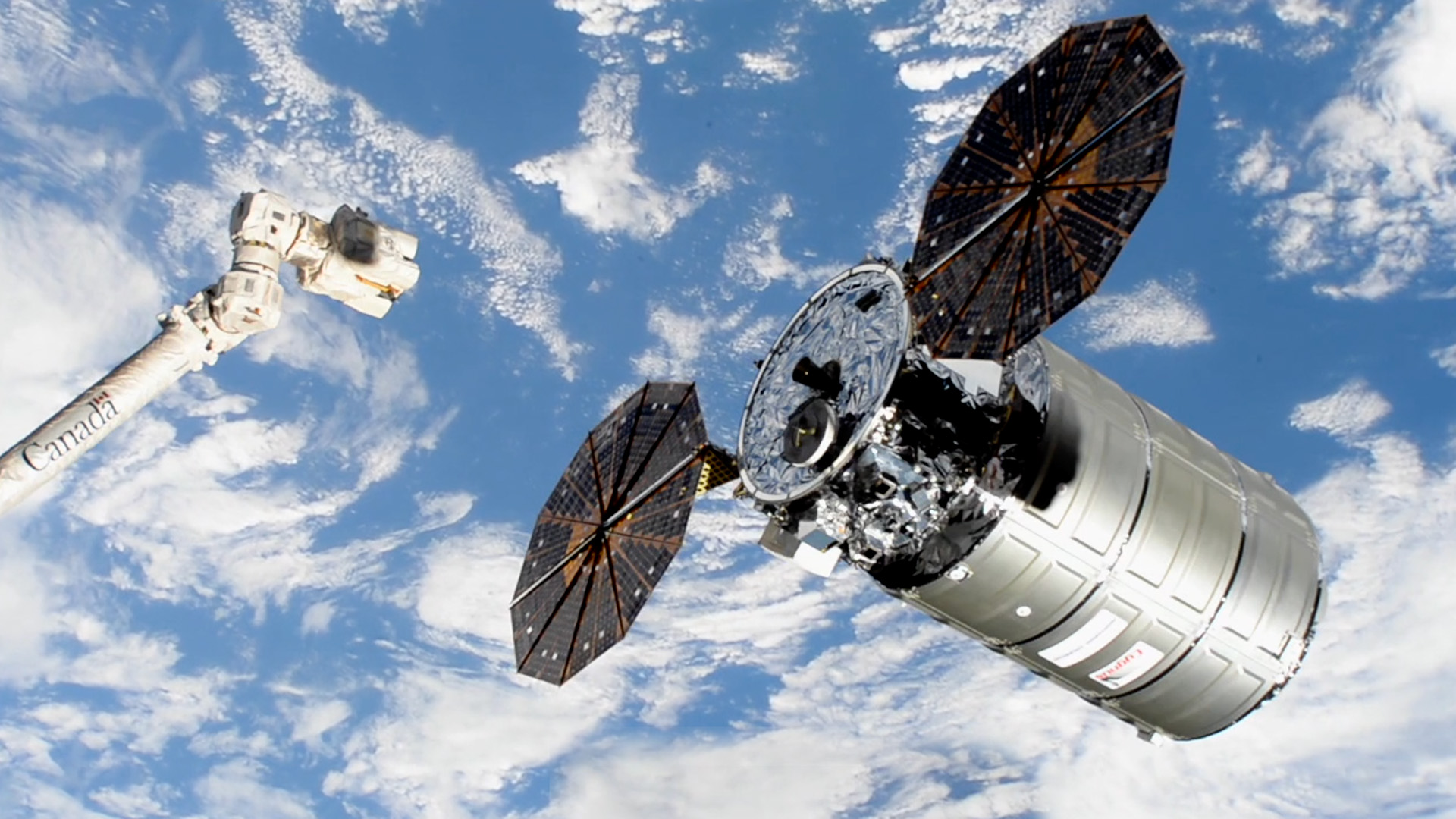Virginia, US/Rome/Vienna – The International Atomic Energy Agency (IAEA) & the Food & Agriculture Organization of the United Nations (FAO) launched seeds into space today as they intensify their joint efforts to develop new crops able to adapt to the ravages of climate change here on Earth.
The seeds from the IAEA & FAO agriculture & biotechnology laboratories are travelling to the International Space Station just as leaders meet at the UN Climate Change Conference COP 27 in Sharm El Sheikh to discuss pressing environmental challenges, including the significant impact of the climate crisis on the world’s agrifood production systems.
“Nuclear science once again is showing us its extraordinary capability to tackle climate change,” IAEA Director General Rafael Mariano Grossi said. “I am hopeful this experiment will bring about breakthroughs: results that we share freely with scientists & new crops that help farmers adapt to climate change & boost food supplies.”
FAO Director-General QU Dongyu said: “The world’s millions of smallholder farmers urgently require resilient, high-quality seeds adapted to increasingly challenging growing conditions. Innovative science like space breeding of improved crop varieties can help pave the road to a brighter future of better production, better nutrition, a better environment, & a better life.”
Seeds of Arabidopsis, a plant commonly used in genetic experiments due to its unique features, & Sorghum, a nutrient-packed grain used for food for humans, animal feed, & ethanol, will be exposed inside & outside of the International Space Station for approximately three months to conditions prevailing in space, primarily microgravity, a complex mixture of cosmic radiation & extreme low temperatures.
Upon their return, scientists at the Joint FAO/IAEA Centre of Nuclear Techniques in Food & Agriculture will grow & screen them for useful traits to better understand space-induced mutations of plant seeds – a technique known as space mutagenesis – & identify new varieties able to adapt to changing terrestrial conditions associated with climate change.
According to the IPCC Special Report on Climate Change & Land, the stability of the world’s food supply will decrease in the future, severely affecting its most vulnerable people. The new crop varieties from space could help farmers & decision makers, who need to make substantial changes & investments in adapting to a changing climate, to sustain production & food quality.
The ongoing experiment is based on almost 60 years of experience of the Joint FAO/IAEA Centre in inducing mutations in plants & thereby speeding up their breeding with the help of radiation to develop new agricultural crop varieties. So far, more than 3,400 mutant varieties of more than 210 plant species that were developed using induced genetic variation & mutation breeding – including numerous food crops, ornamentals & trees – have officially been released for commercial use in 70 countries.
This experiment will be the first time the IAEA & FAO conduct genomic & biological analyses of seeds exposed to space mutagenesis. At the International Space Station, the seeds will be exposed to unique conditions that cannot be reproduced in a laboratory on Earth. One goal of the experiment is also to compare such seeds with the ones exposed to radiation in laboratory conditions to study DNA & growth effects.
This project will be part of the IAEA & FAO portfolio of climate change projects aimed at helping countries adapt to new climate realities, including food & water shortages & biodiversity losses, through nuclear science & technology. At COP27, the IAEA & the FAO will organize an event on 15 November to highlight how joint energy, food & water resource planning & management can contribute to climate-resilient development. More information about the event is available here.
Last week, the two organizations also agreed to intensify their collaborations in food & agriculture using nuclear science & technology. Directors General Grossi & Qu signed a Memorandum of Understanding on 31 October to increase innovative research & development to help countries achieve the UN Sustainable Development Goals. New work envisaged include other key areas such as the ocean, the environment, water resources & nutrition.
Joint FAO/IAEA Centre of Nuclear Techniques in Food & Agriculture
来源:农粮组织 FAO
You can Submit Press Release on this site!

